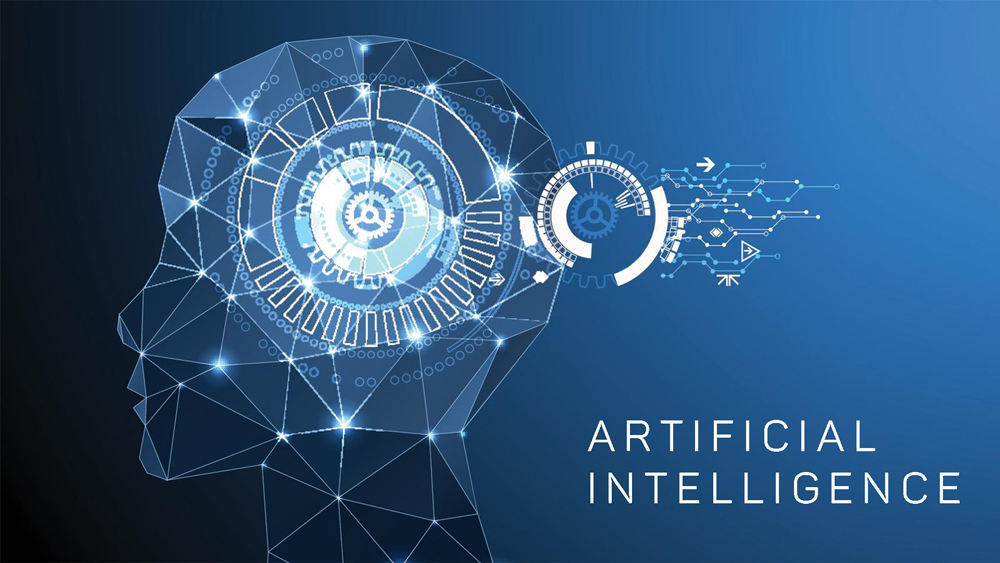
OpenAI (ChatGPT) wrote the following article
In a world without government, the establishment and maintenance of property rights, identification validation, and justice against criminals are critical issues that need to be addressed. While blockchain technology offers a promising solution, other facilitating systems like peer-to-peer networking, reputation-based systems, and mutual aid networks can also be used to achieve these goals.
For instance, peer-to-peer networking enables individuals to share and exchange resources directly with one another without the need for intermediaries. This can be facilitated through community land trusts or other forms of collective ownership and management, where individuals can collectively own and manage land and resources for the benefit of the community. This approach allows for the distribution of resources and decision-making to be more democratic and equitable, thereby reducing the likelihood of exploitation and promoting collective ownership.
Reputation-based systems, on the other hand, allow individuals to build and maintain trust with one another without the need for traditional forms of identification. This can be useful in situations where individuals need to establish trust before engaging in a transaction or other form of exchange. Through reputation-based systems, individuals can establish a track record of honest behavior and reliability, thereby building trust with others in the community.
Mutual aid networks offer a promising solution to the challenges of establishing property rights and identity verification in a society without government. These networks allow individuals to pool resources and provide assistance to one another in times of need, including access to land, housing, or other resources. Mutual aid networks can also provide support for identification verification or other legal services.
Moreover, blockchain technology offers unique advantages in establishing and maintaining property ownership and identification validation. The use of blockchain technology enables the creation of a system of property ownership that is transparent, secure, and decentralized. It provides a secure and transparent means of maintaining ownership records and enables individuals to verify and transfer ownership without the need for intermediaries.
Blockchain-based identity verification also offers a secure and private means of establishing and maintaining identification without relying on centralized authorities such as government agencies. Individuals can control what information they disclose and to whom, thus protecting their privacy.
In addition to these facilitating systems, justice against criminals who create victims can be maintained through a variety of means. Anarchist societies may establish community courts or tribunals to address disputes and violations of community norms. These courts can be operated on a consensus-based model, with decision-making based on collective agreement and participation, rather than the imposition of laws and punishment from a centralized authority.
Community watch groups can also play a role in maintaining justice and security in an anarchist society. These groups can be formed to monitor and address criminal behavior, including theft, assault, and other forms of violence. Community watch groups can work together with local police or security forces to ensure that justice is served and that the community remains safe.
Ultimately, the key to establishing and maintaining free and organized societies in a world without government lies in the development and implementation of facilitating systems that enable the distribution of resources, the establishment of trust, and the protection of individual rights and freedoms. By leveraging a range of facilitating systems like blockchain, peer-to-peer networking, reputation-based systems, and mutual aid networks, it may be possible to create a more equitable and just society that is based on voluntary cooperation and mutual aid.


